MORINGA is one of the many species of plant found in hot climates. However, this tree is unique: its nutritional properties have made it a world-renowned food. Used to combat malnutrition in poor regions, moringa and its leaves have much to offer us. Let's take a closer look at the benefits of a tree that is all too often forgotten, yet is highly effective. It's known as the «tree of life». Moringa's exceptional composition includes several types of vitamins. There are many B group vitamins (B1, B2, B3, B5, B6, B8, B9, B12), as well as vitamins C, A, D, E and K. It is therefore one of the most vitamin-rich foods. As for minerals, it contains potassium, calcium, magnesium, selenium, potassium, iron, chloride, chromium, fluorine, sulphur, copper, zinc and a number of other elements. Generally speaking, moringa helps us to fight fatigue and feel better every day. It prevents infectious diseases, anaemia and mineral and vitamin deficiencies. It contains polyphenols and flavonoids, which are antioxidant compounds. The role of antioxidants is to cleanse the body, making it more efficient. Their consumption improves the body's general condition. Moringa can be considered an anti-ageing plant because of its effect on cell renewal, memory and brain activity. Finally, these antioxidant effects can also help with weight loss. A unique concentrate of nutrients and vitamins
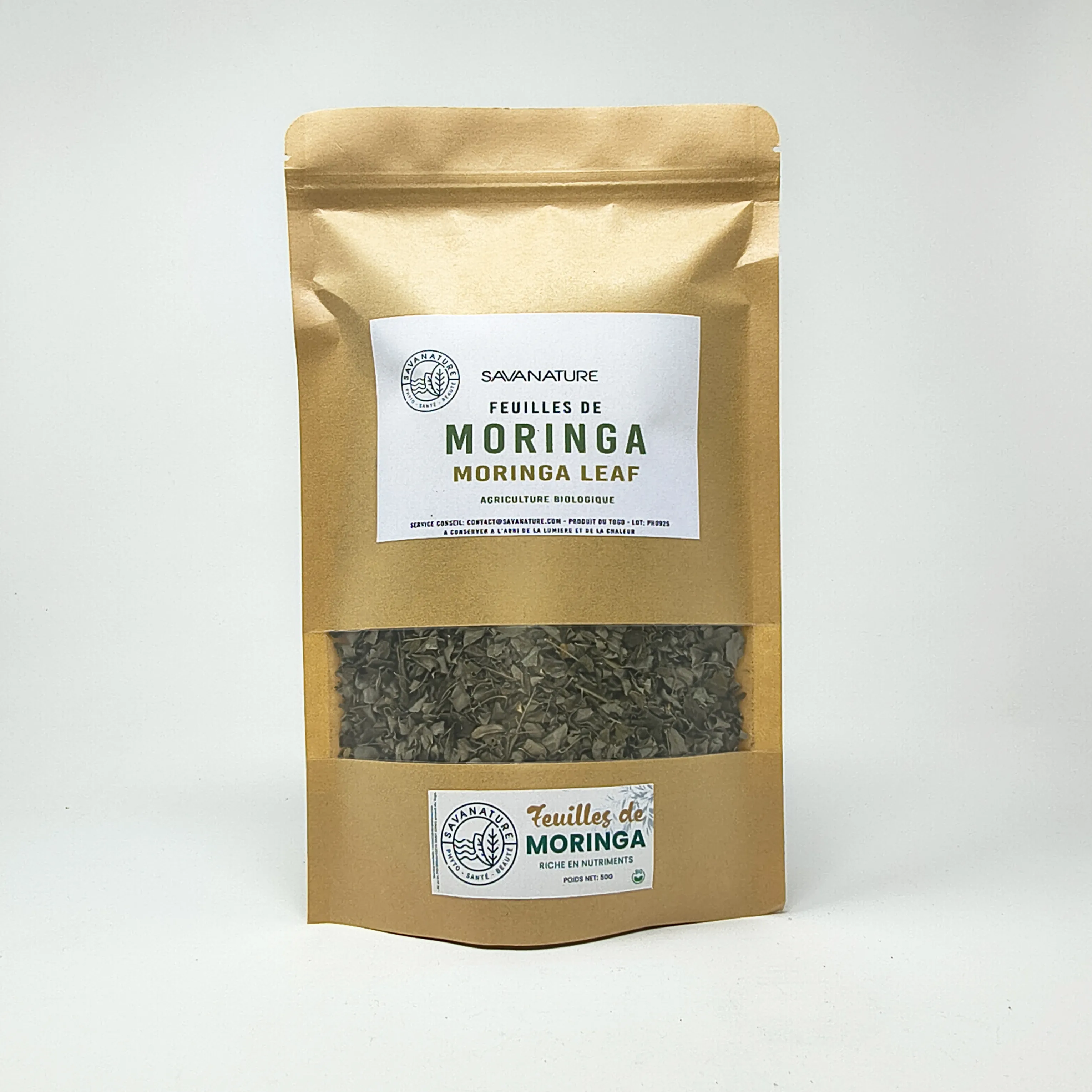
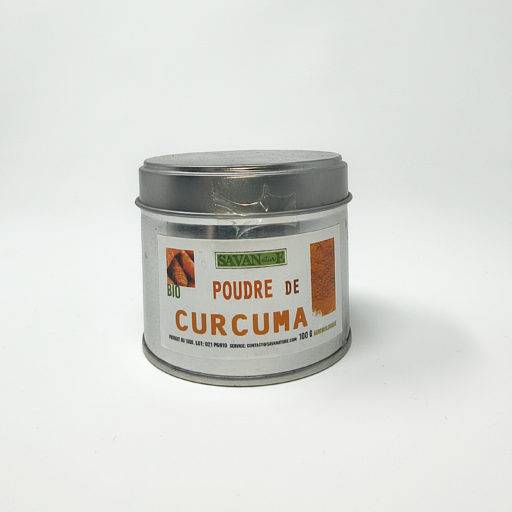
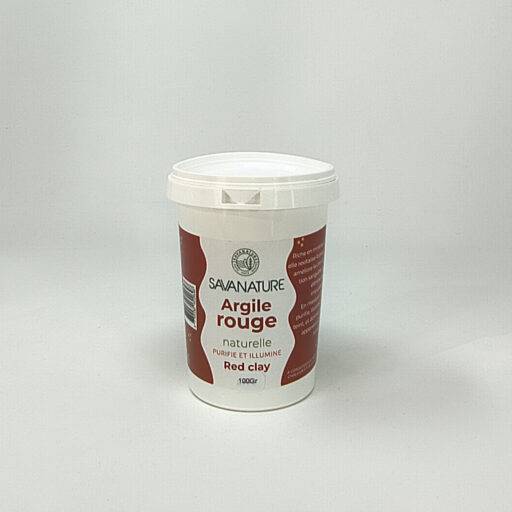
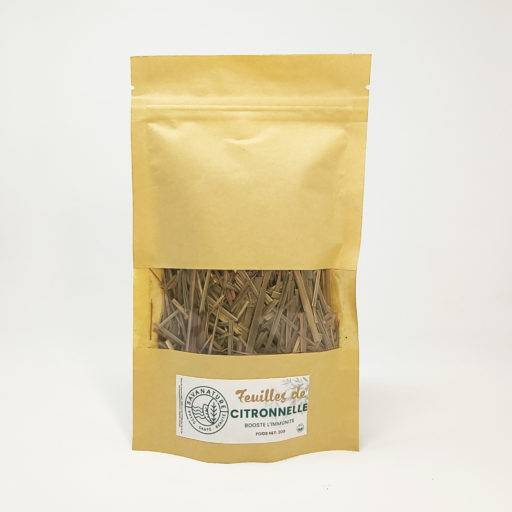
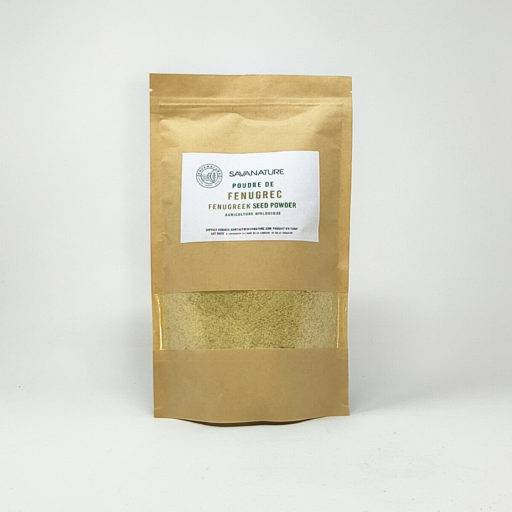
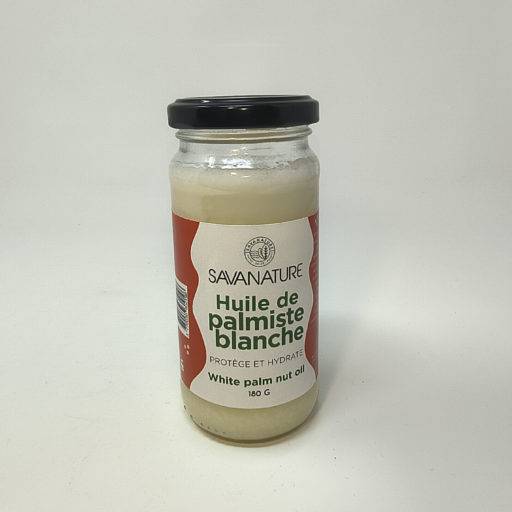
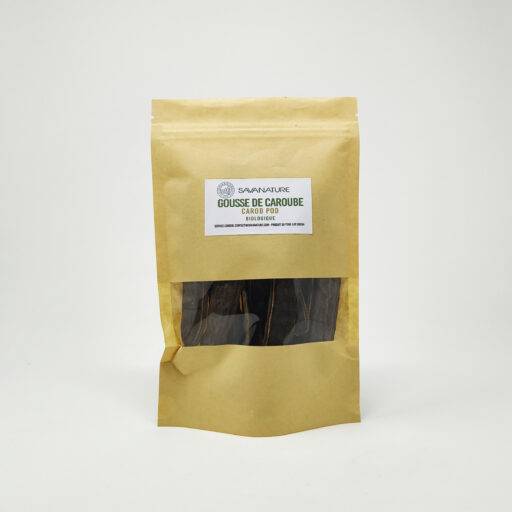
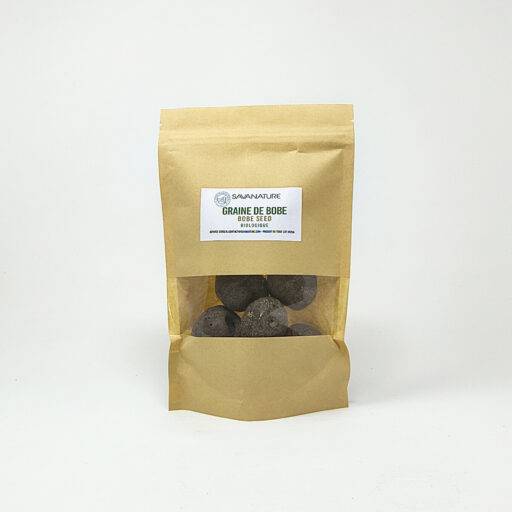

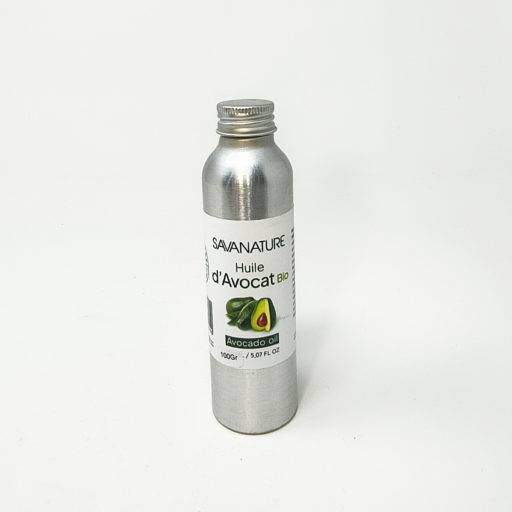
Reviews
There are no reviews yet.